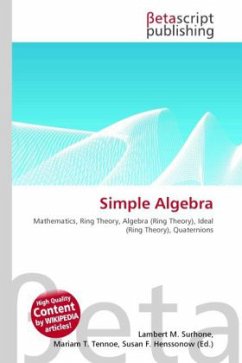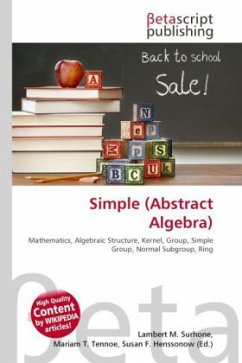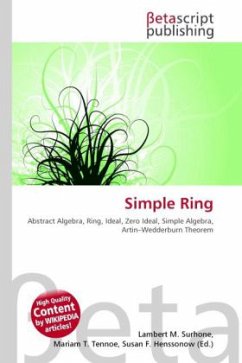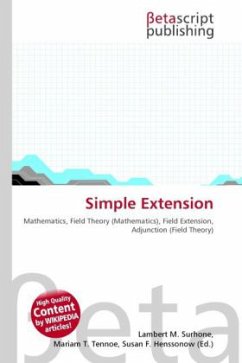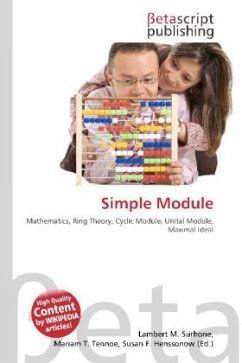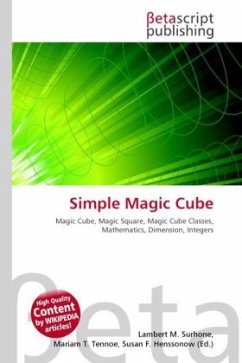High Quality Content by WIKIPEDIA articles! In mathematics, specifically in ring theory, an algebra is simple if it contains no non-trivial two-sided ideals and the set {ab a, b are elements of the algebra} {0}. The second condition in the definition precludes the following situation: consider the algebra { begin{bmatrix} 0 & alpha 0 & 0 end{bmatrix}, , alpha in mathbb{C} } with the usual matrix operations. This is a one-dimensional algebra in which the product of any two elements is zero. This condition ensures that the algebra has a minimal nonzero left ideal, which simplifies certain arguments. An immediate example of simple algebras are division algebras, where every element has a multiplicative inverse, for instance, the real algebra of quaternions. Also, one can show that the algebra of n × n matrices with entries in a division ring is simple. In fact, this characterizes all finite dimensional simple algebras up to isomorphism, i.e. any finite dimensional simple algebra is isomorphic to a matrix algebra over some division ring.
Bitte wählen Sie Ihr Anliegen aus.
Rechnungen
Retourenschein anfordern
Bestellstatus
Storno

